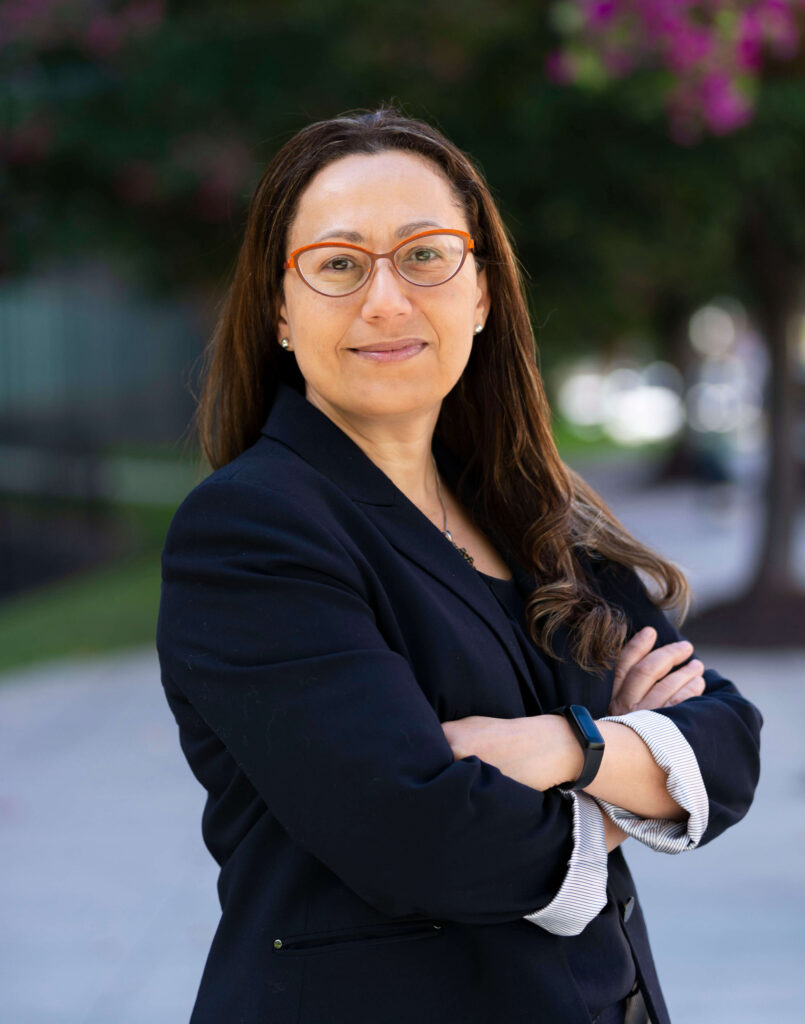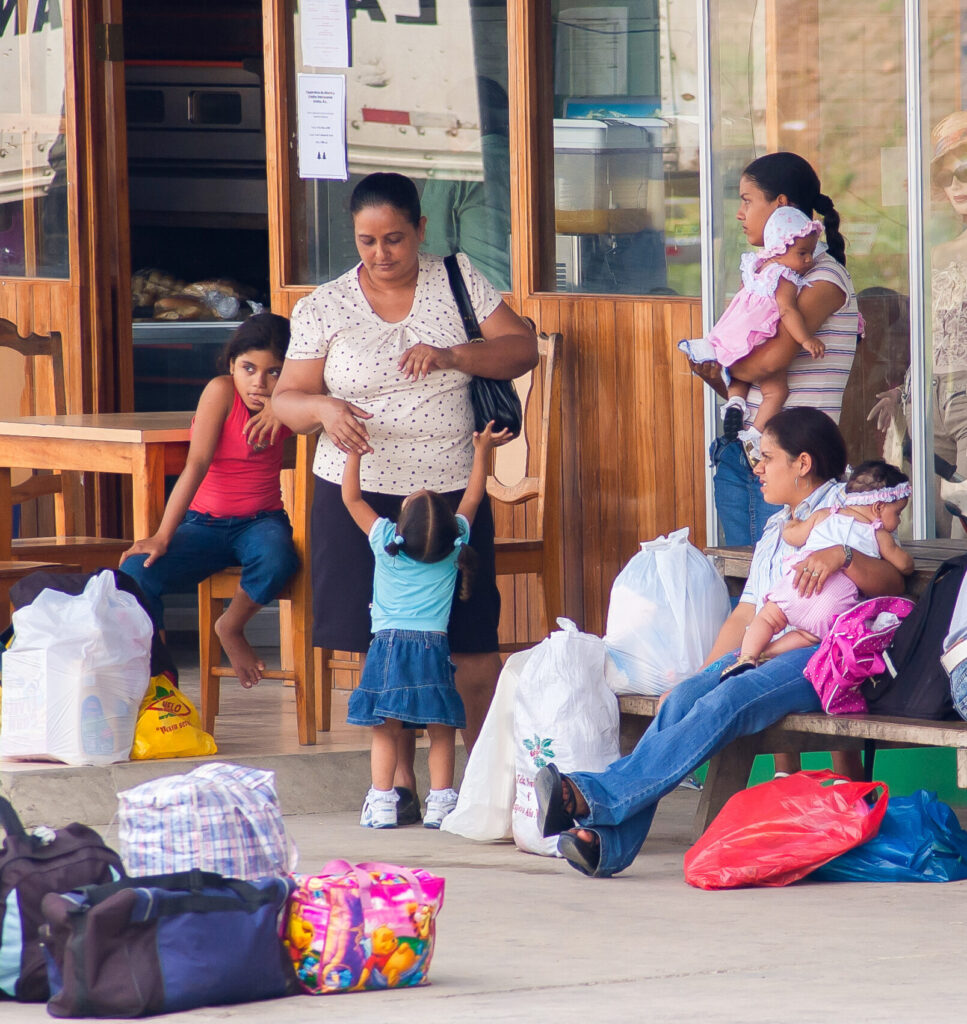
At CFI, we can sometimes be skeptical of voluntary surveys. Just think of the selection bias involved. The kinds of people who reply to voluntary surveys are, by definition, not representative of the general public. They are the select group who may be paying attention, who may have strong views, or who just happen to run across the invitation for the survey on their LinkedIn feeds.
But having been asked to respond to the latest Compass for a webinar held on July 13, I was forced to go beyond my skepticism and reflect more deeply on what the findings revealed. I was pleasantly surprised that the results of the survey mirrored what I have been hearing and learning elsewhere in my many conversations within CFI, with external partners, and with the stakeholders that make up this industry: providers, investors, regulators and policymakers, and support organizations.
I came away from this experience with four key takeaways:
1. The wisdom of the crowd can be eerily accurate.
The interesting thing about the methodology of this exercise is that it may not be a rigorous representation of the stakeholders in this industry, but it does bring out the wisdom of the crowd. The challenges that were identified for each stakeholder group – clients, providers, funders and others – literally mirrored every conversation I’ve been in over the past four months linked to COVID-19. Clients are experiencing financial pressure, and most demand-side research — by BFA, Finmark Trust and others — confirms this. Clients are not able to move around to run their businesses, tend their fields, or migrate for work; and remittance flows are indeed down 20 percent globally.
For FSPs, repayment is at the forefront of their concerns, but so are the macroeconomic conditions, with GDP growth experiencing an estimated 5 percent contraction globally in 2020. As a result, there are pressing concerns with liquidity that e-MFP and CFI have discussed on covid-finclusion.org. Challenges facings funders (information, losses, inability to meet investee needs) and others (inability to travel to the field, decrease in demand, and aligning their strategies), were all common sense and aligned with what I am gleaning from engagements with the Microfinance Investment Vehicles (MIV) group and our internal research.
2. Priorities identified are skewed by the type of respondents to the survey.
More than 50 percent of respondents were FSPs or support organizations, meaning that other stakeholder groups were less well represented. Perhaps some regulators and policymakers were among the “other” category, which accounted for around 13 percent of respondents, but the result of the sampling bias is that the priorities identified with regulators and policymakers did not resonate with what we have been hearing and researching at CFI. Based on what we have seen with the policy responses actually taking place and the dialogue that is happening among policymakers, we see a different set of priorities for this stakeholder group than what came out of the survey. The priorities we have identified are as follows:
- Fiscal stimulus to people and MSMEs. Based on World Bank data, we know that 126 countries have already introduced such measures.
- Liquidity measures for financial institutions, both banks and non-banks.
- Implementing moratoria to address liquidity constraints among consumers whose income sources have been disrupted by lockdown measures.
Research on clients is important, but might be receiving too much attention among support organizations.
Similarly, the priorities for consultants and support organizations did not correspond with what we are seeing. While doing research on clients is of course important, it is possibly receiving too much attention among support organizations. We see a need to help interpret the findings of the data that is already being collected to help inform policy and provider practices. We also see the need to support the longer-term digital transformation that many providers need in order to survive, and hopefully thrive, after the pandemic. CGAP’s Global Pulse Survey of Microfinance Institutions is showing that only 34 percent of the MFI respondents have opened new digital channels for customers. A larger number have expanded call centers to respond to customer inquiries. Finally, we think a focus on market consolidation will inevitably be needed.
3. The concerns raised in the Compass report assuage my own concerns.
I was pleasantly surprised by the concerns raised and see this as reflective of something positive overall. The heavy focus on maintaining the progress we’ve achieved as a sector, especially the gains made by clients and the focus on consumer protection, indicates to me that the work of organizations like CFI over the past decade have been effective in instilling the importance of a customer-focused view and elevating consumer protection as a topic of priority for the sector. This is especially important given that the majority of respondents to the Compass survey are FSPs and support organizations.
4. The opportunities raised in the Compass report are tangible and the actions of stakeholders show that these are not just words.
Beyond the increased focus on digital channels and digital transformation, which we know has been a key focus of this sector for over a decade, I was especially excited to see that respondents flagged cooperation and a refocus of the priorities of the sector.
- On the issue of cooperation, the collaboration between the Microfinance Coalition and the MIVs is unheralded. As CFI has been facilitating dialogue among these two groups, we can truly attest to their openness, transparency, and aligned interests. The key stakeholders in this sector are proactively collaborating to reduce risks and ensure that we do not lose the gains we have already achieved.
- That there is a realization that we have to do better as a sector is also reassuring. And there are so many opportunities for us to reset our priorities to address fundamental issues like food security, safety nets, and other important roles that the financial system can and should deliver for the development agenda.
The dedicated COVID-19 Compass has been a Herculean effort on the part of e-MFP. It is great to see this important platform quickly adapting to showcase what is on everyone’s mind, and to put together such an elegant report in record time is quite impressive. I hope everyone gets the opportunity to read the report and to reflect on the results as they relate to their own experiences.










